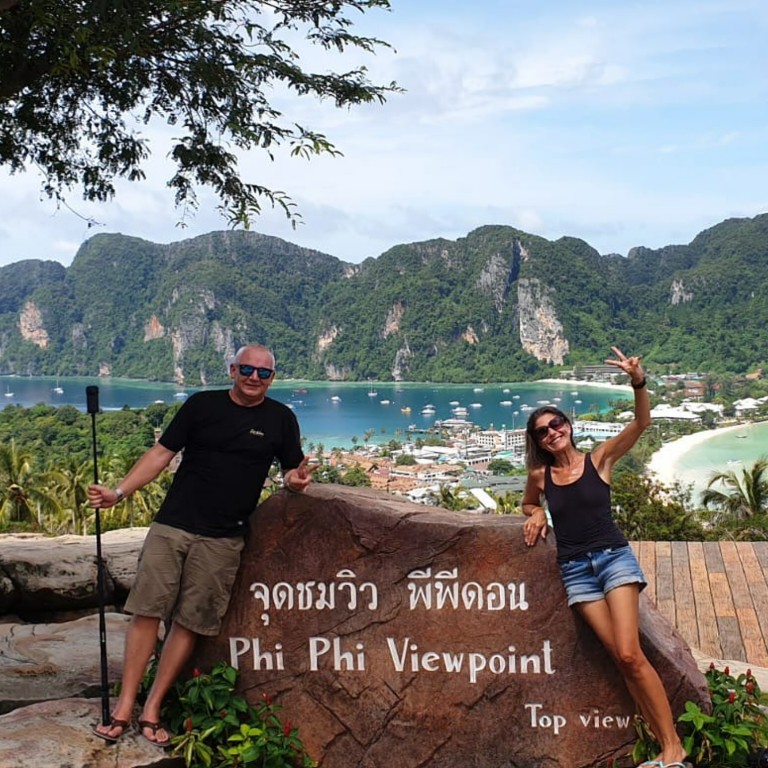
Five-star hotel bargains and free food in Thailand – lucky couple enjoy the country as few others ever will
- ‘It is like Thailand must have been 40 years ago,’ says Christian, one half of a couple who stayed on in the country when other tourists evacuated amid Covid-19
- Having stuck out a lockdown in Bangkok, and aware that tourism-dependent businesses are hurting, they visit as many different bars and restaurants as they can
On a hillside above Phi Phi island in Thailand, nearly deserted at the height of summer, a young Dutch woman emerged like a mirage from the lush greenery and beamed at a German couple who – for a few moments – shared her splendid isolation.
Intrigued, Christian and Beatrice Meier asked her how she has managed to support herself. She laughed, gestured at her chest, and replied: “With these.”
“It turns out she was performing online stripteases to fund herself,” Christian Meier explains on a video call, with a smile of mild embarrassment. “However, she seemed pretty happy to be stuck there and wasn’t in any great hurry to leave.”
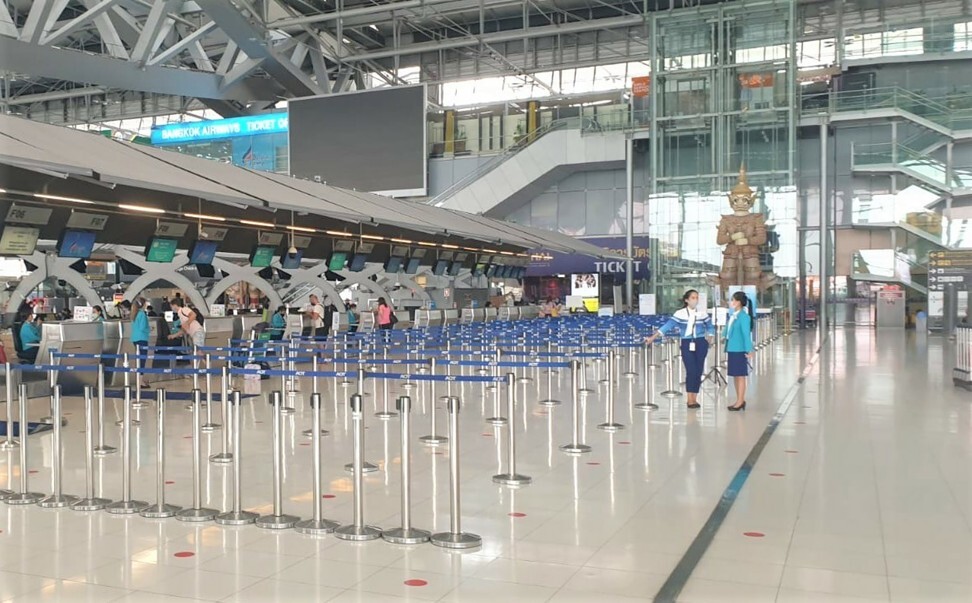
Phuket shops feel the pinch as coronavirus keeps Chinese tourists away
They have had some of Thailand’s most iconic beaches and resorts largely to themselves. They have received free food from top hotels and had the rare experience of having Bangkok taxi drivers turn on their meters without argument.
Beatrice agrees: “We consider ourselves very, very lucky to have the possibility to be in a country where we can experience what is a one-time situation that will never come back again.”
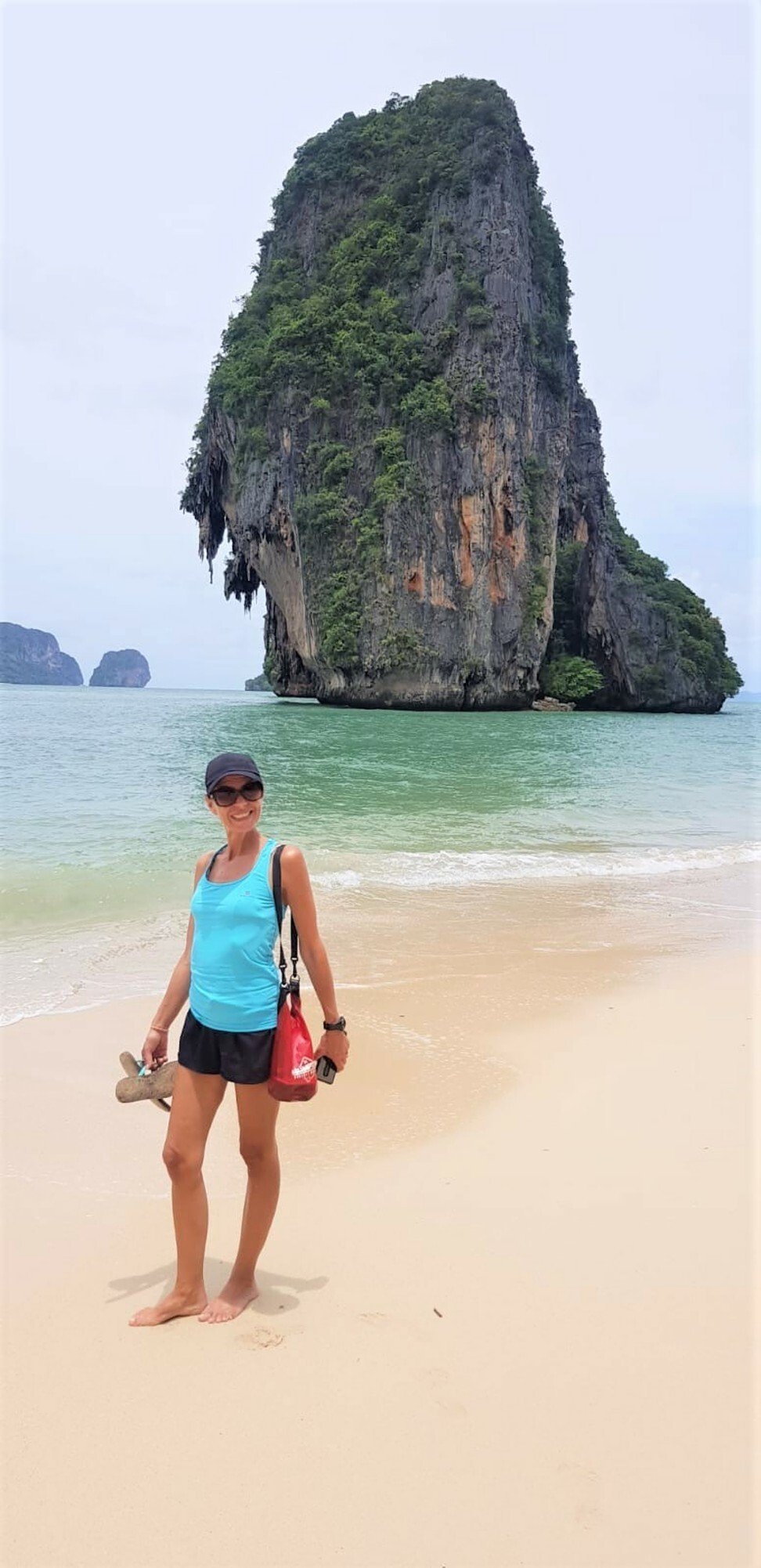
On Phi Phi, the couple booked into the PP Princess Resort, where a room would normally cost around 4,500 baht (US$143) a night, for just 1,500 baht. “There were probably only about 20 visitors on the whole island,” says Christian.
Beatrice says: “I loved it. We had the beach, the sunbeds, the pool, all to yourself. It was a bit difficult in the evening, though, because there were only a limited number of restaurants open and only one or two bars.”
We’re grateful for our experience, but it’s very clear that people are suffering badly and need things to return to normal.
“We thought, ‘We have a 90-day visa so let’s sit it out and wait’,” says Beatrice. “We had thought about going back home for a week or two in April but the airports were already closed by then.”
Christian says: “The German embassy was organising repatriation flights but we decided to stay. The situation in Europe was already worse than it was in Thailand by then.”
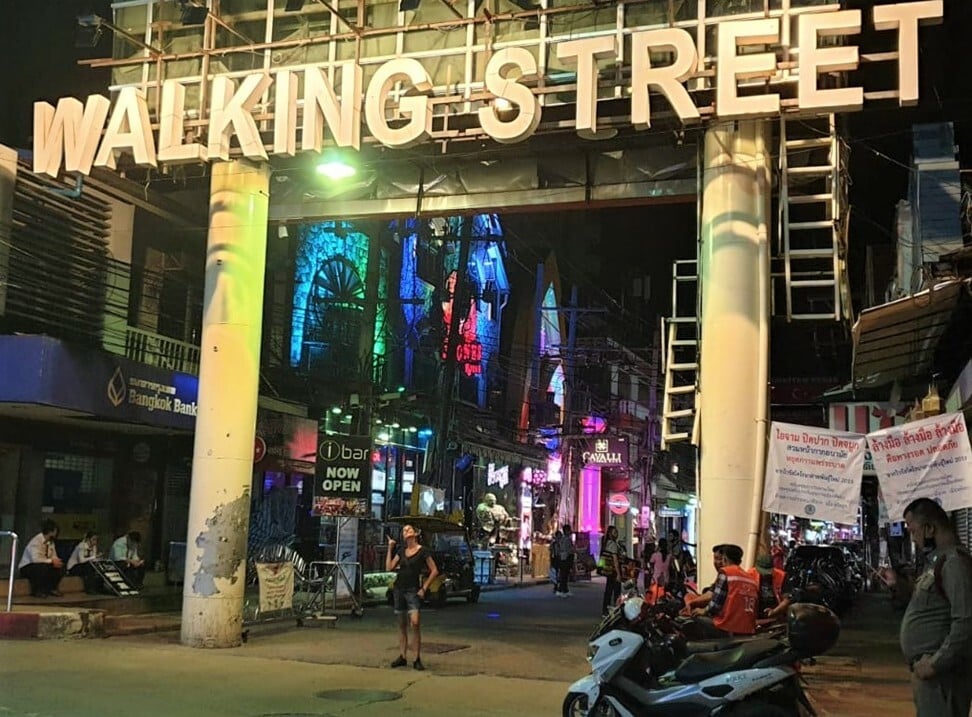
The couple, both in their early 50s, stocked up on food and bulk-bought alcohol ahead of government bans and – for the first time since touching down in Thailand – Beatrice used the flat kitchen to cook while Christian learned to make a range of cocktails.
“We only managed to get our rent down by 3,000 baht a month even though the swimming pool and the gym were closed,” says Beatrice.
Hotels nearby were converted into quarantine centres for the few incoming passengers. “A neighbour was sitting by his pool and a Singaporean woman on a balcony of a hotel-turned-quarantine centre called over to get his attention,” says Christian. “She said, ‘I need to speak to someone’ and ended by asking him to throw her some cigarettes.”
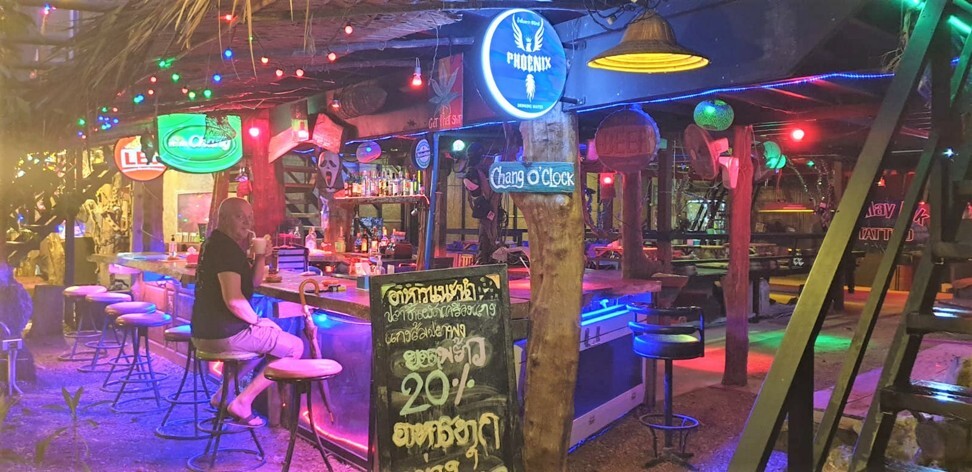
A similar scene greeted them at the end of August, in Pattaya, where the massive seaside bar area has been stripped of custom. “It is a ghost town,” says Christian. “Some beer bars in Walking Street are open with two girls sitting out there. If they’re lucky there will be one customer, but he is often just the bar owner.”
Everywhere they travel, prices have been slashed. They stayed in a whirlpool villa in the Railay Bay Resort in Krabi for 1,650 baht a night, a deluxe room in the Dewa in Ko Chang in June for 1,620 baht a night and a deluxe room in the Hard Rock Café in Pattaya for less than 1,500 baht a night. They hired an SUV for their trip to Ko Chang for just 650 baht a day.
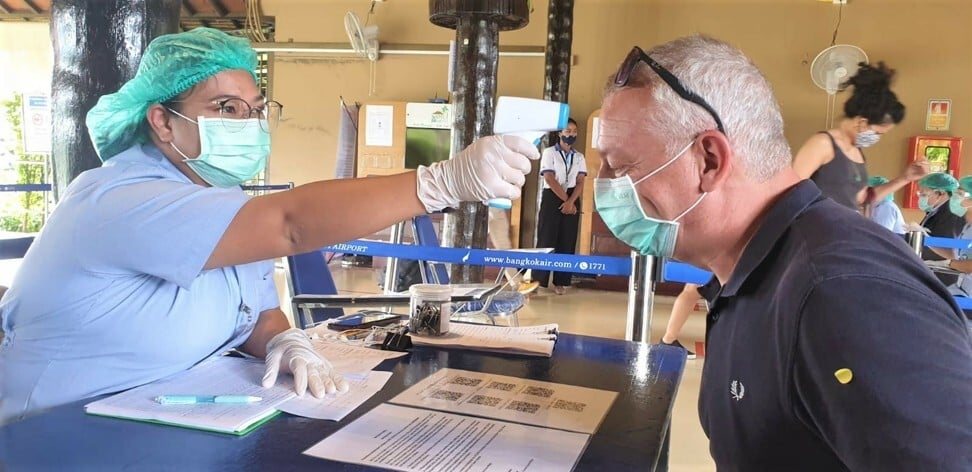
For their next trip, Christian and Beatrice plan to go to Phuket, where an executive from a five-star international hotel chain has given them details about cut-price rooms and deals that include free vouchers.
“They have to keep the hotels alive even though there are no customers and they have to keep the restaurant and bars stocked up, so they are virtually giving food and drink away,” Christian says.
Seven months in a country drained of its regular swarms of holidaymakers, backpackers, tour groups, and sex tourists has taught Christian and Beatrice that if hell truly is other people, Thailand today is probably closer to being the paradise it once was than it has been in decades.
Post-pandemic travel – a privilege only the rich can afford?
“People everywhere are extremely friendly,” says Christian. “They are much more accommodating to the few visitors who are here.”
“Every night, we go to a different place so we can support everyone equally,” says Beatrice. “If there are two bars open and we are in a place for two nights, we go to one bar one evening and the other bar the next.
“We’re grateful for our experience, but it’s very clear that people are suffering badly and need things to return to normal.”

